
Moral support, combined with confidence in our kids, is more powerful than a helicopter.
Surely, you're not one of those overly-supportive helicopter parents. Are you? For all of us, it bears examining from time to time.
What could your child be doing on her own, that you are doing for her?
This includes simple, physical tasks (pouring milk, packing lunch, cleaning the floor) to more complex social tasks (making phone calls (not texts), speaking up about a problem, trying something new).
The New York Times published an in-depth article this week about American teens and the sharp spike in social anxiety, fear of social discomfort and failure. It doesn't start with teens. How we guide children starts now.
My mother was a master of moral support. Moral support sounds simple and easy, but it can be tough on both sides. It means having the confidence and strength to stand there and say to your child: "I can be with you, but I won't do it for you."
"I can be with you, but I won't do it for you."
Those words have echoed in my mind my entire life. I can remember my mother saying them when I was 4 years old and having trouble cutting with scissors. When I was 5 and had a conflict with another child. At age 7 when I wanted a book at the library and needed to ask the librarian for help. I heard them as a young teen when I was nervous about making phone calls. The implicit message was: It's hard, but you can do it. I'll be here for you.
Being there. Simply presenting yourself as a warm, supportive body who stands beside your child does wonders. It's more powerful than you think.
"I can go with you, but you need to say the words yourself."
The social challenges are probably the most tough. Practice on little conflicts that come up. When a child doesn't like something, practice giving moral support to teach your child to advocate for herself and speak up. It will be uncomfortable. And it won't be easy (until your child gets enough practice), but it's necessary. "Did you like what she did? No, then tell her. Say "stop splashing my face." I will go with you, but you need to say the words yourself."
Moral support is an art. It's a balance. Sometimes it means having a keen eye, and understanding what your child is actually capable of doing, then staying firm and placing your confidence in them. It can mean turning away.
Last year I took my youngest out in the neighborhood fundraising. I stood behind, but he was expected to do the talking. Despite practicing and being eager to do it, he sometimes got tongue-tied when a neighbor opened the door, saying nothing. "You need to do the talking," I reminded him. "I'm right here." Some days we had to turn away, but in a few days he'd be back, ready to try again.
Each child may need a different approach, but they all could use a strong, powerful adult beside them offering moral support during tough times. You've heard the phrase "Face your dragons." The emphasis should be on your. We can't face a child's dragons for her, but we can stand beside her, strong and tall, giving the child the moral support she needs to face her own dragons.
Did you grow up this way? Do you think your child needs more experience and practice dealing with discomfort in her life? How good are you at standing by? When do adults intervene most?

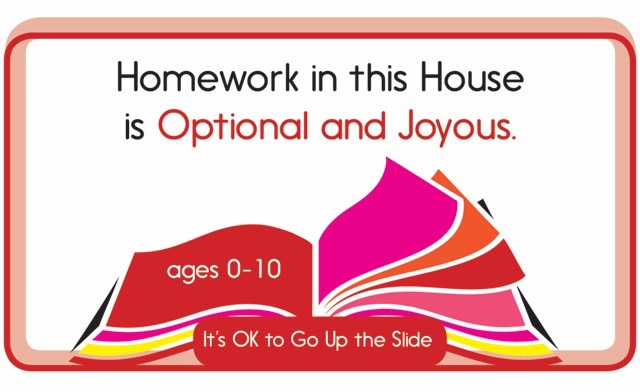
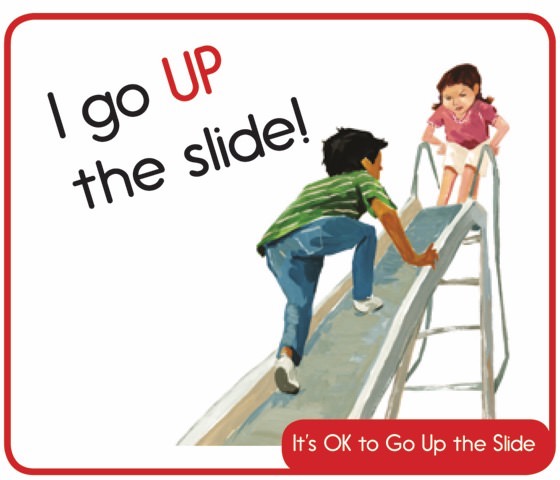
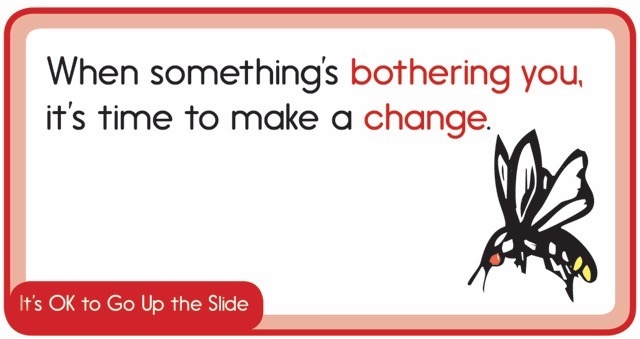
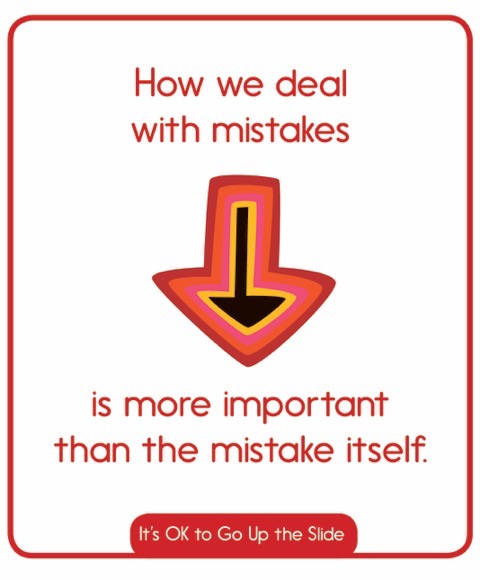
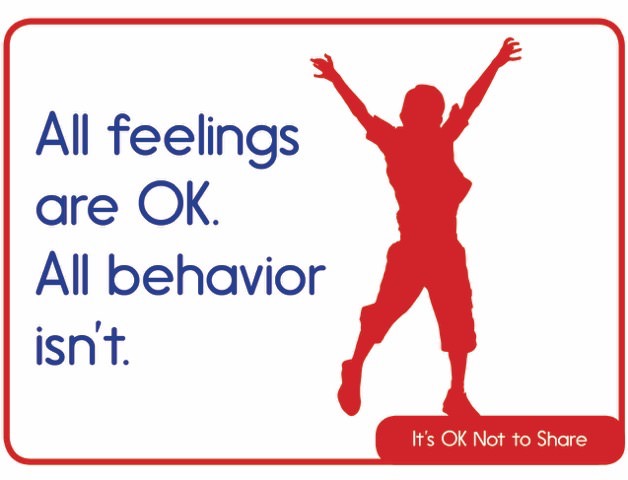
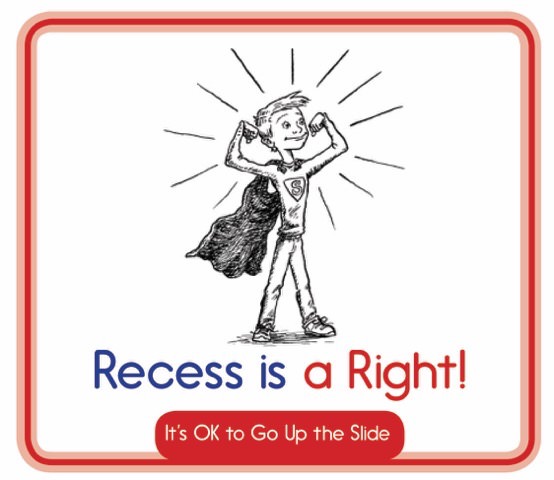
No helicopters when I was growing up! I learned how to fry an egg when I was about 6 (tall enough to see inside the frying pan). Had regular chores that were expected to be done correctly (or we'd go back and do them correctly under Mom's supervision). Did my own fundraising in Little League--parents at home NOT selling for me. Allowed to ride our bikes to friends' houses a mile or so away as soon as we understood how to cross busy streets. Typical middle-class 1960s upbringing.
*Sigh* In that respect, those WERE the days. 🙂
You know, I think it might be eye-opening for audiences of parents to hear simple stories from "the old days." How much independence and responsibility kids can really take on. We could call it "Stories to Spread Confidence."